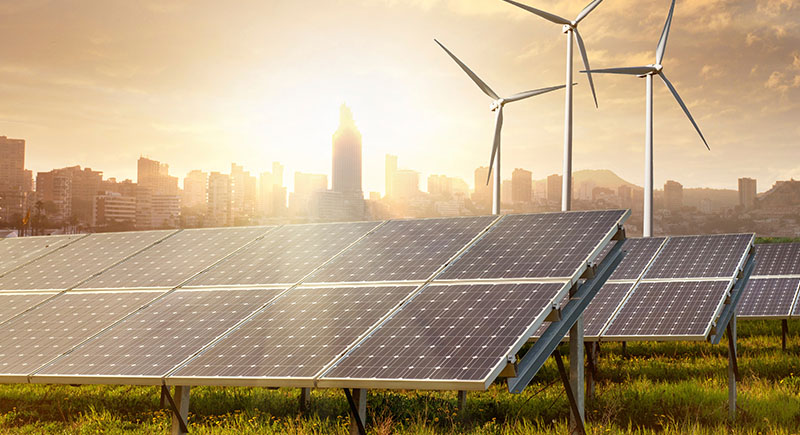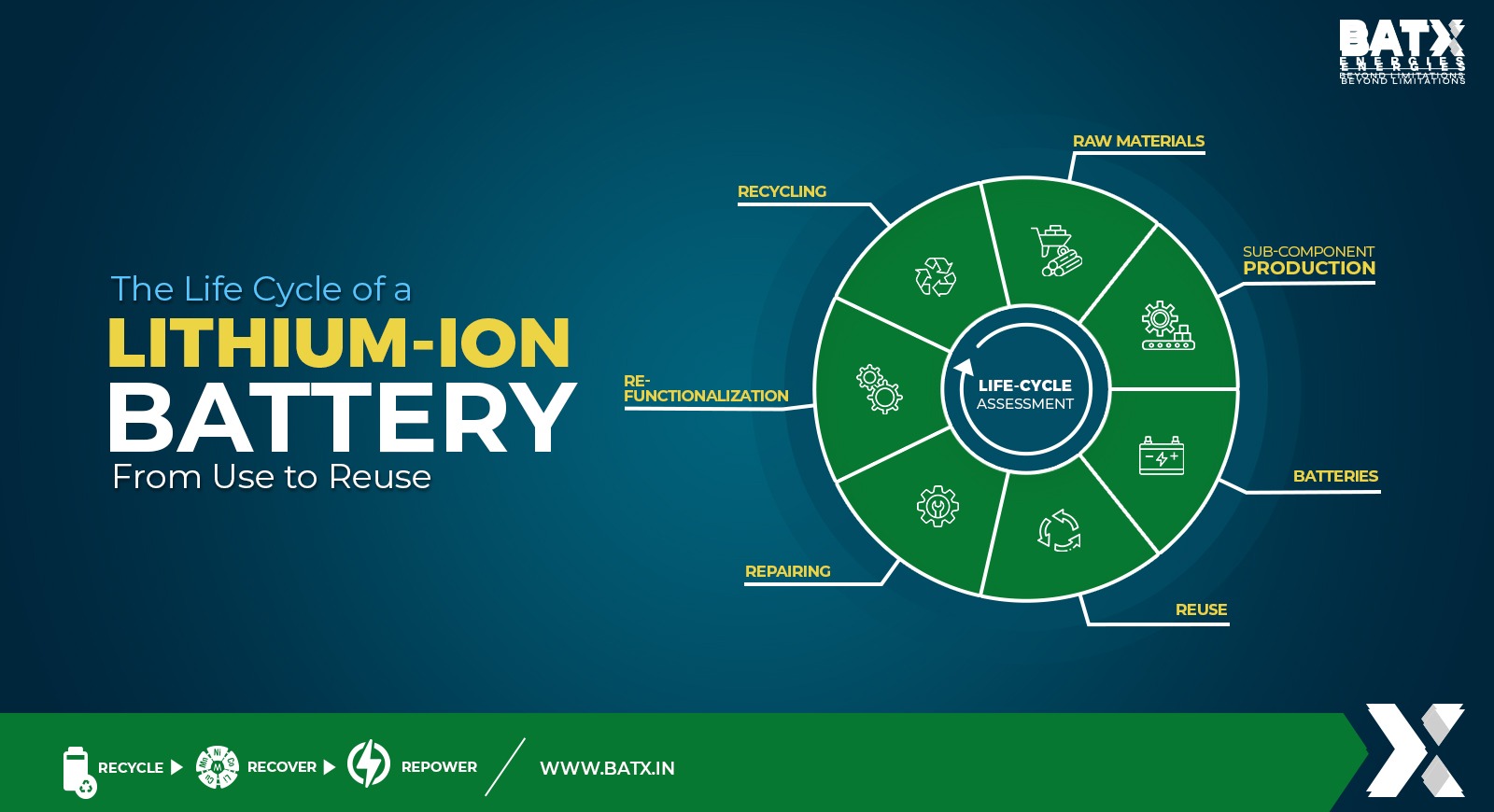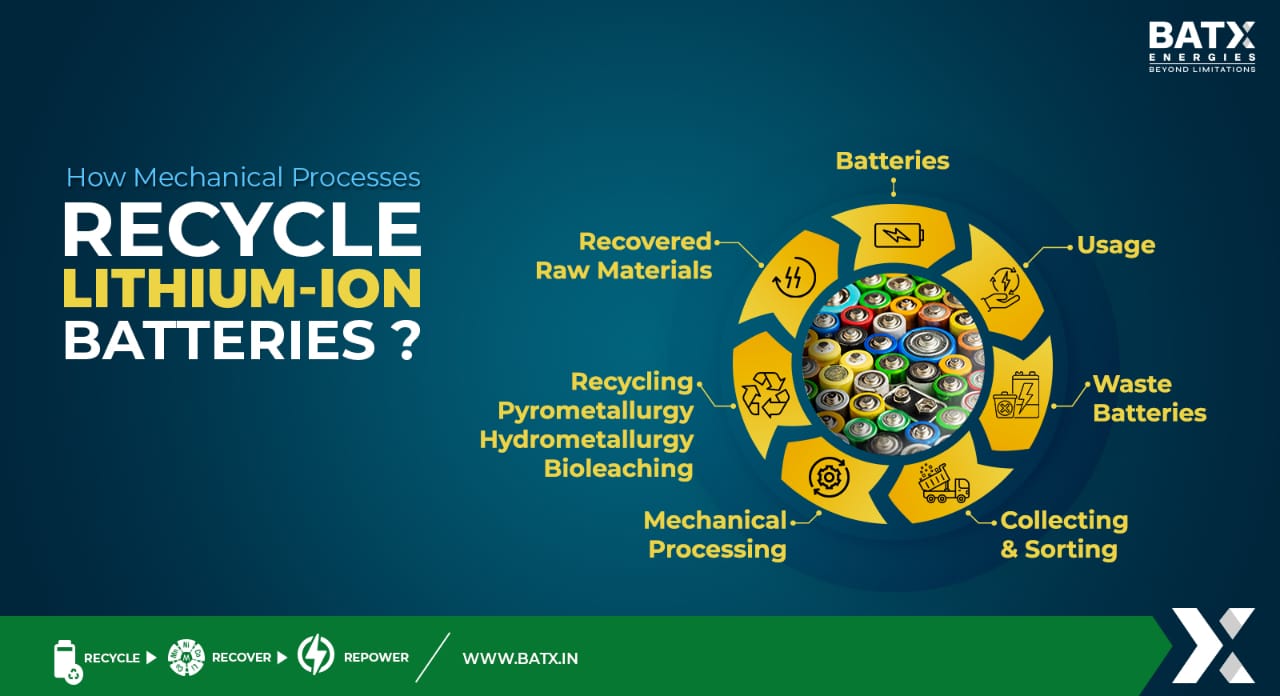Sustainability is a topic that has become very important in recent years. Sustainability is defined as “the ability to continue a defined behaviour indefinitely.” It implies that resources are used at rates that do not exceed the capacity of ecosystems to replace them and to meet the needs of the future generation. In our times we are already experiencing global warming, ozone depletion, greenhouse effect we have to prevent it because it is us who are and will suffer from the effect of those problems. That means we should start solving these issues by minimizing the usage of natural resources or we could replace it to be able for the next generation to have a resource to be use.
India is the world’s fourth-largest energy consumer and will likely overtake China in the next decade as the primary source of growth in global energy demand. India is a key country in the efforts of the international community to shift to a sustainable, low-carbon path that will confront climate change, improve human health, and foster prosperity. In India with the high rate of growth in population and increasing development needs the growth in the demand of primary energy has been accompanied by a shift to an increase in the share of commercial energy in the total energy demand.
Strong government support and the increasingly opportune economic situation have pushed India to be one of the top leaders in the world’s most attractive renewable energy markets. The government has designed policies, programs, and a liberal environment to attract foreign investments to ramp up the country in the renewable energy market at a rapid rate. Even though India has achieved a fast and remarkable economic growth, energy is still scarce. Strong economic growth in India is escalating the demand for energy, and more energy sources are required to cover this demand. At the same time, due to the increasing population and environmental deterioration, the country faces the challenge of sustainable development.
RMI and RMI India’s new report, titled Towards a Sustainable Battery Manufacturing Industry: The Case for Effective Reuse and Recycling, highlights how circular economic policies for batteries can drive India’s ambitious decarbonisation goals and strengthen national energy security. The report anticipates that battery recycling capacity needs to grow at a minimum of 135 per cent annually between now and 2030. RMI India is an independent non-profit organization that works towards accelerating India’s transition to a clean, prosperous, and inclusive energy future. Energy storage technologies will play a crucial role in accelerating India’s ambitious decarbonisation goals recently announced at COP26. As a growing volume of battery technologies begin to reach end-of-life by 2030, India has the opportunity now to establish policy and infrastructure necessary to capture the full value of these vital assets.
In its bid to promote the use of non-conventional sources of energy, MNRE has set a target of achieving 500 GW of installed renewable energy capacity by 2030. The government is taking a number of efforts to boost the country’s renewable energy industry, including pushing private sector developers to use advanced technologies in renewable energy projects to get the most energy out of them. Government is taking all possible steps to make EV easily pliable on roads and also to create a lucrative EV market. In this regard government had launched National Electric Mobility Mission Plan (NEMMP) 2020 in 2013 which aims to attain national fuel security by promoting hybrid and electric vehicles in the country. According to NITI Aayog Indian EV industry could add about $300 billion by 2030 with 7 million vehicles by 2020. Battery swapping system will mitigate the problem of charging.
Though there are challenges but these can be overcome with all the necessary support from the government. The government’s efforts are bringing changes in market but lots of incentives are required. The most important is to develop the infrastructure required. People are also recognising the environmental problems and changing their choices according to environmental sustainability.



